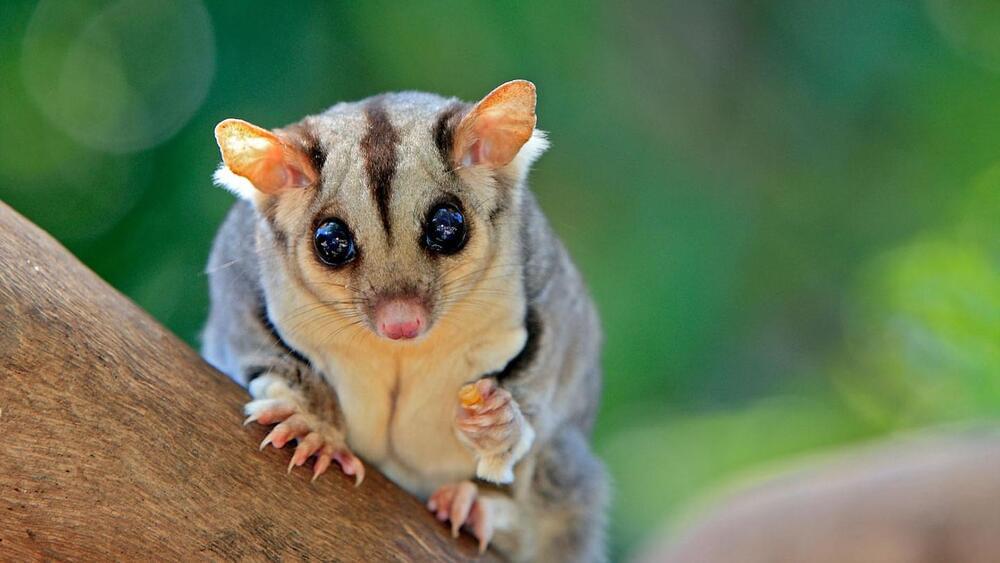Mammals run the gamut of social organization systems, ranging from loose, ephemeral interactions like aggregations of jaguars in the South American wetlands to the antlike subterranean societies of naked mole-rats (SN: 10/13/21; SN: 10/20/20).
But marsupials — a subgroup of mammals that give birth to relatively underdeveloped young reared in pouches — have traditionally been considered largely solitary. Some kangaroo species were known to form transient or permanent groups of dozens of individuals. But among marsupials, long-term bonds between males and females were thought rare and there were no known examples of group members cooperating to raise young. Previous work on patterns of mammalian social evolution regarded about 90 percent of examined marsupial species to be solitary.
“If you look at other [studies] about some specific species, you will see [the researchers] tend to assume that the marsupials are solitary,” says Jingyu Qiu, a behavioral ecologist at CNRS in Strasbourg, France.










Comments are closed.